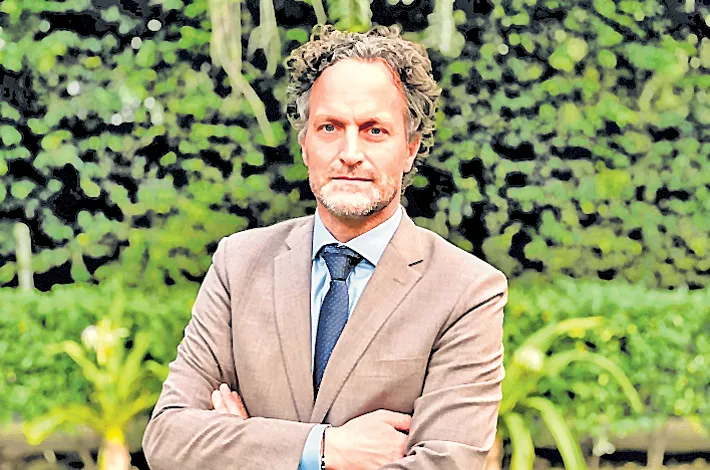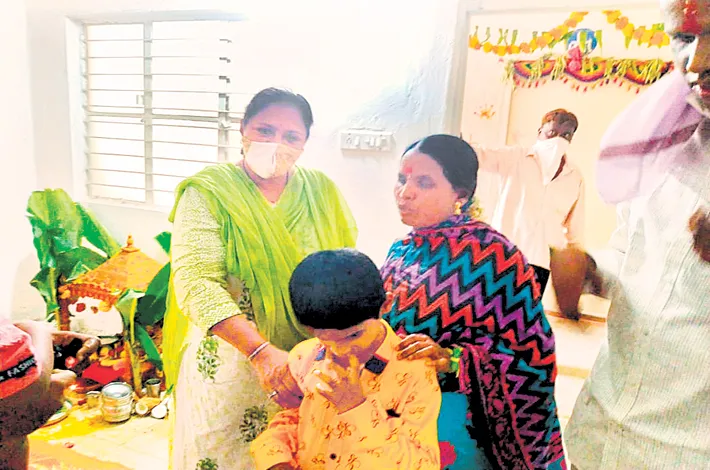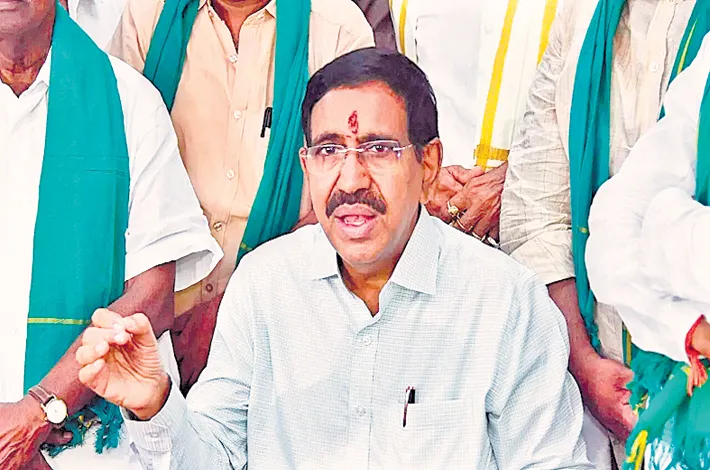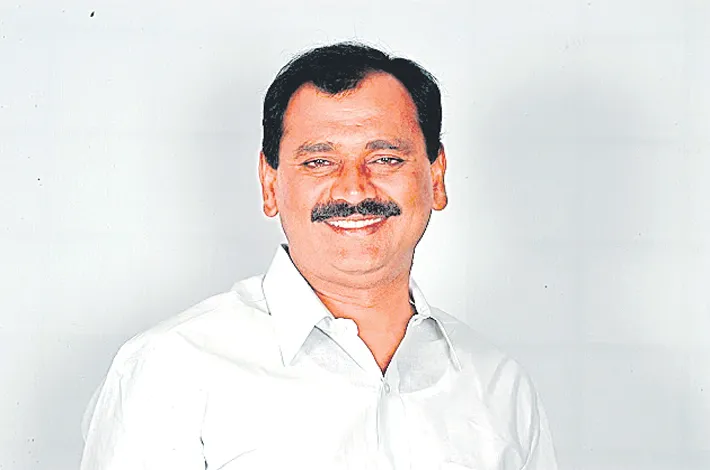France encourages Indian students to choose engineering, maths, science and humanities over business and management studies
18-03-2025 12:00:00 AM

Simple Vishwakarma Mumbai
In an exclusive interaction with the Free Press Journal, Gregor TRUMEL, Counsellor for Education, Science, and Culture, French Embassy in India, brings out France's lofty target of enrolling 30,000 Indian students by the year 2030. He speaks about the contribution of the French Institute, Campus France, and innovative efforts such as Classes Internationales to meet this vision. TRUMEL also points out the advantages of pursuing studies in France, the increasing emphasis of the country on AI and new technologies, and the hassle-free visa process for Indian students.
FPJ: France aims for 30,000 Indian students by 2030. How will the French Institute & Campus France achieve this goal?
TRUMEL: India and France have been long-standing partners. Our objective is to make people-to-people contacts stronger, and student mobility is an important area of focus. We want to have 30,000 Indian students studying in France by 2030. The French Institute in India, the French Embassy's Department of Cooperation, tries its best to promote and organise student mobility. Campus France, part of the French Institute, has 11 offices across India, mostly located within Alliance Française centres. Its role is to educate students about the French higher education system, provide information on study opportunities, and guide them on scholarships—all free of charge.
Currently, there are about 8,000 active Indian students in France, which is not enough. By the end of 2025, we aim to reach 10,000. This effort has been highlighted by Prime Minister Modi and President Macron in a joint statement during the AI Summit in France last month. One exciting initiative is the "Classes Internationales," a new and innovative program.
France offers about 1,700 programmes taught in English, but we encourage Indian students to study in French to experience cultural and academic immersion. This initiative serves as a transition to mobility. We already have 30 partner universities, with more expected to join. It’s progressing well, and we appreciate your interest in this.
FPJ: How will France increase the 8,000 Indian students currently studying there?
TRUMEL: Last year, there were approx. 8,000 Indian students, and by 2025, we expect this number to rise to 10,000—an increase of 25%. Higher education institutions across France are actively promoting opportunities for Indian students. We focus on extensive communication, awareness campaigns, and education fairs.
We held a major fair in October 2024 called Choose France Tour, another in February 2025, and plan an even larger one in four major Indian cities in October this year. In October, last year we hosted nearly 58 higher education institutions from France to engage with Indian students. We are ambitious but realistic. President Macron has said he wants to see 30,000 Indian students in France by 2030, and we are determined to make this a reality.
FPJ: What is the present ratio of Indian male to female students in France?
TRUMEL: About two-thirds of Indian students going to France are male. We are actively promoting education in France for women. It’s a very safe and welcoming country with many cultural and social opportunities. Around 85% of Indian students in France enroll in business and management schools because these institutions mostly offer English-taught programmes. However, we emphasise that public universities are also excellent and affordable.
Their lower cost doesn’t mean lower quality—France has a strong system of subsidised public universities with high academic standards. While Indian students are welcome in business and management schools, we encourage them to explore fields like engineering, mathematics, science, and humanities. France offers 1,700 programmes taught in English, and with initiatives like Classes Internationales, we aim to attract a diverse student population and support them in improving their French language skills.
FPJ: What was the main objective behind Classes Internationales, and how did it help Indian students overcome language barriers in France?
TRUMEL: The goal is to foster human exchanges and people-to-people relationships. We have a strong network, including the French Institute & 15 Alliance Francaise centres along with their annexe across India, which support cultural education and language learning. India has an incredible linguistic diversity, with people often speaking two to four languages.
Most students are already proficient in English since higher education in India is largely English-medium. This makes it easier for them to learn French and reach a level that allows them to study and work in France comfortably. Several students gain B1 or B2 levels in French in one year. France has a secure and vibrant cultural background, with the highest-ranked universities and 76 Nobel winners. We invite more Indian students, especially women, to discover opportunities in France in multiple fields.
FPJ: More than 30 institutes offer this programme across fields. How can students select the appropriate institute and course for their profession?
TRUMEL: We have an organisation called Campus France, which operates under the French Ministry of Foreign Affairs and the Ministry of Higher Education in France. In India, we have offices in Ahmedabad, Bengaluru, Bhopal, Chandigarh, Chennai, Hyderabad, Kochi, Kolkata, Mumbai, Pune & Delhi. Students can visit Campus France for free information & guidance.
FPJ: How does France's apprenticeship model benefit Indian students and boost employability?
TRUMEL: We aim to reinforce human and academic connections between our nations. Indian students who pursue higher education in France acquire internationally accredited degrees and experience. They can come back to India and be employed in one of the 700+ French firms present here or in any other multilateral corporation. Being aware of the work culture of French businesses and experiencing international exposure is valuable for career development.
For those who wish to gain work experience in France, a post-study visa is available for master’s graduates. Our focus is not on brain drain but on creating a meaningful exchange of knowledge and talent between India and France. Internships and apprenticeships are very important in France and are a source of practical experience in many areas. Graduation in French higher education is the key to worldwide opportunities. More than 20,000 Indian alumni have studied in France and have shown its worth.
France possesses a subsidised public higher education sector, and thus, it is cheaper compared to most Anglo-Saxon nations. The average tuition fee for the preparatory year, Classes Internationales, is around €5,500 , followed by the subsidized tuition fees for international students offered by the universities. This investment provides access to high-quality education in fields such as business, engineering, computer science, humanities, and social sciences.








